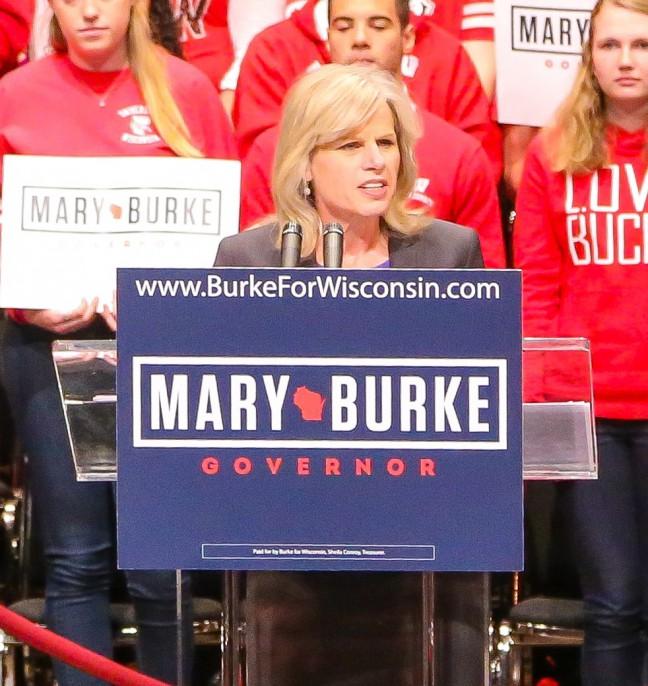“Had a wonderful day campaigning in Madison today,” “Sat down with constituents in Milwaukee” and “Great morning spent at the local Farmer’s Market meeting voters” are all common posts found on the daily newsfeed of a political junkie.
With the advancement of technology, we are now living in an era where 74 percent of internet users now have at least one social media page, ranging from Facebook to Twitter to Instagram. With such a progression in the use of internet and social media, it is evident why political campaigns are tapping into this resource.
According to Ben Van Pelt, the Region 9 director who is in charge of the state Senate race for District 9 of the Democratic Party, having a social media presence is a wonderful resource “not only for a campaign, but also for the voters.” Posting regularly on social media allows people “to learn useful information and get constant updates on a candidate’s journey from their announcement to Election Day,” and those potential voters are able to see how a candidate spends their time while campaigning, and who they are campaigning with. Not only is social media an excellent tool to reach voters and constituents, it can also be used “to communicate your message, raise awareness and name recognition, gather support, recruit volunteers, raise money, advertise an event or even to just say thank you to all your supporters.”
Utilizing social media for methods other than conveying your message to potential voters is very useful and it is free. Additionally, using social media to recruit volunteers is beneficial because, obviously, you can’t have a campaign without volunteers and they are crucial in the election process. The race in Region 9 is an open state Senate seat, so it is pretty competitive and the way that this campaign, specifically, is utilizing social media, is definitely helping them out.
Social media isn’t just being used at the state level. I still read the newspaper from my hometown of Manitowoc and times are clearly changing; everything and anything is available online. According to Justin Nickels, the youngest mayor to be elected to the City of Manitowoc at the age of 22, social media is a “cheap and easy way to get your message out to people today.” For candidates and elected officials, money is always of concern, and to have the opportunity to get their message out there for free, candidates definitely take advantage of that. Utilizing social media is also “a quick and easy way to reach voters,” according to Nickels, “especially the younger generation” who don’t turn out in the highest numbers to vote. In 2012, of voters between the ages of 18 and 24, only about 41 percent voted. Using social media to reach that age group will hopefully increase their voter turnout because that is the age group that is oftentimes critical in determining the winner of an election.
With that being said, 98 percent of 18-to-24-year-olds use social media on a regular basis — it’s no wonder why candidates and elected officials use it. Young people are always on it and that age group is the one that is usually targeted by candidates.
Even though majority of people do not use social media for politics, the heavy users of social media tend to use it to be more politically active, which benefits candidates and elected officials. I, personally, use social media to stay updated on the various elected officials around the state of Wisconsin, as well as the United States. It is important to be an informed citizen, especially nowadays. We have 24-hour news, constant postings on Facebook and Twitter, so it’s next to impossible not to be in the loop.
Times are changing, and if you are a candidate or an elected official and you do not have at least one social media account, you are missing out on a free and easy way to connect with your constituents.
Autumn Linsmeier ([email protected]) is a junior majoring in political science.














